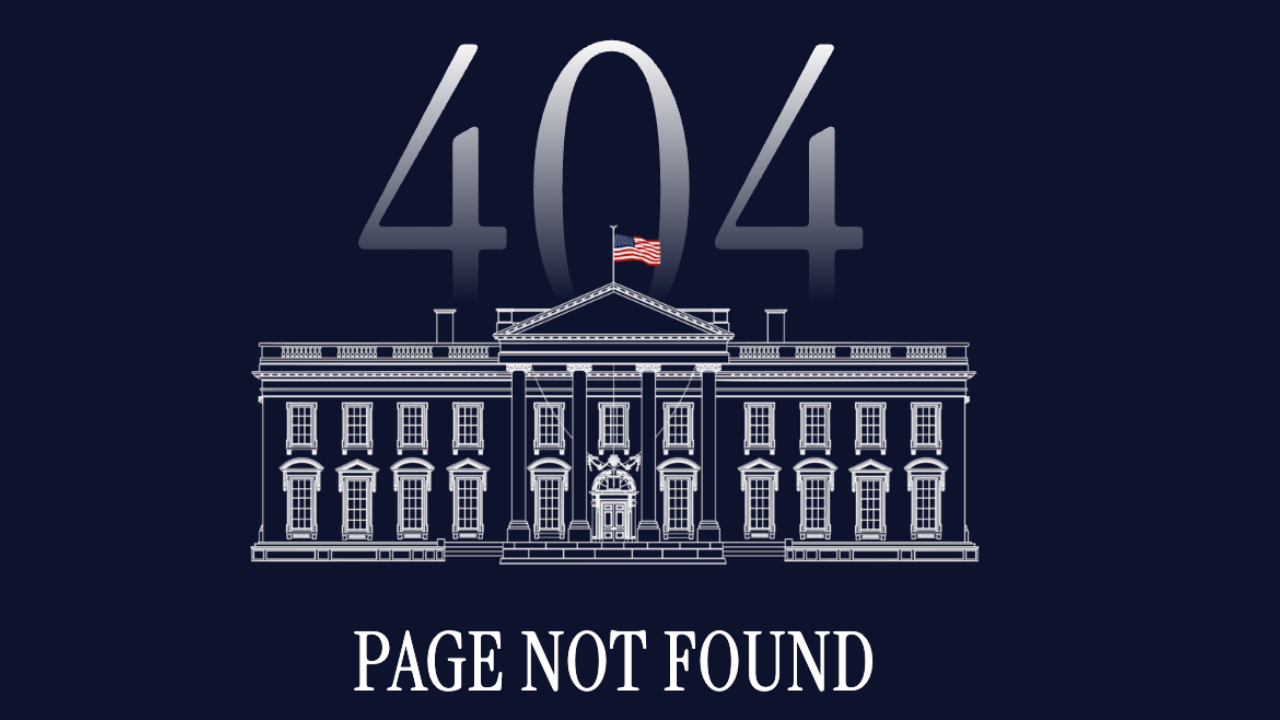
Among a very (very) long list of Biden administration executive orders cancelled on day one of Trump’s second term as president, one stands out as particularly impactful when it comes to technology. Executive Order 14110 has been nixed and with it a framework for regulating the development of AI tools, software and models.
Order 14110 was issued in October 2023 and aimed to reduce the risk associated with developing AI technologies. It required AI system developers to share the results of safety tests with the US government and directed relevant federal agencies set standards for those tests.
The order, originally titled “Safe, Secure and Trustworthy Development and Use of Artificial Intelligence,” also contained provisions for the protection of copyright material involved in the process of training AI models, such as ChatGPT, set out a framework to minimize “unlawful discrimination” due AI model bias and sought to prevent US jobs from being harmed by AI.
When the order was issued, it drew support from some inside the AI industry, with Microsoft President Brad Smith calling a “critical step forward in the governance of AI technology.”
But whatever the pros and cons of the order, one thing we can say for sure is that it’s officially a goner. Among a list of fully 78 other Biden era orders deemed “harmful” by the new administration, Order 14110 has been immediately revoked.
Indeed it’s hard to know exactly what impact this will all have. On the one hand, it seems to open the floodgates for an unregulated AI free-for-all. On the other, it’s unclear how much impact the now-cancelled order had. In practice, its revocation may make little difference.
That said, it’s notable that the EU has its own AI Act, signed into law in March 2024, which bans the use of biometric data, requires new high-risk systems to undergo safety testing before release, and insists that copyright data used in training must be disclosed.
Moreover, leading figures in the industry such as OpenAI’s Sam Altman have called for greater regulation and the creation of a new federal agency tasked with licensing operators who breach a certain threshold of AI capability.
At the same time, it’s likewise clear that even the most advanced and best-resourced tech companies are capable of releasing AI tools that either don’t work very well or raise safety concerns, whether its the on-again, off-again debacle with Microsoft’s Recall for Windows or the more recent suspension of Apple’s AI news summaries.
Ultimately, it’s hard to believe that the development and use of AI systems will be safer with the guardrails taken away. So, the tradeoff here is a balance between the economic and strategic benefits of taking the AI industry in the US off whatever leash was constraining it, versus any damage that might be done by releasing unregulated AI tech.
For the record, the White House URL for the original order now 404s, so the Trump administration has fully purged it from existence. All that’s really left to do is buckle up, cross your fingers and toes and see how the next four years go.
Source link











Add comment